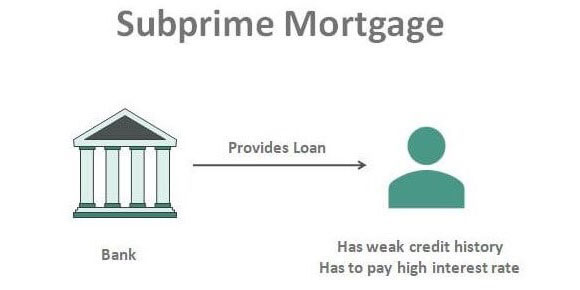A holding time of fewer than three years is often referred to as "short term." Many assets, such as stocks, mutual funds, and even certain bonds, should not be held for less than three years because of the risk involved. The majority of investors focus on long-term strategies. They are putting money away for long-term objectives like retirement, which may span several years or even decades.
Definition of Short-Term Investing
When you meet with a financial advisor, they will ask you questions to understand how much risk you are willing to take to achieve your financial objectives. If you tell your financial advisor that you want to save money for a trip that you want to take in two years, you are engaging in the investing known as short-term investing. An investment with a short time horizon would be an excellent choice for a purpose like this one.
Shares of individual stocks and mutual fund companies do not come with predetermined dates for when they will mature or expire. If you plan to hang on to these assets for less than three years and sell them at some point before the conclusion of the allotted period, this would be considered a short-term investment. If you buy bonds directly instead of investing in a bond fund, you should choose bond issues with a maturity date of three years or less since this gives you the most flexibility regarding when you may sell them.
Analysis of Investments Based on Their Short-Term Performance
When evaluating investments, a single year does not give any meaningful insight into the potential outcomes of a fund for the years to come. This is particularly true for mutual funds that their managers actively manage. The capacity of a fund manager to steer a portfolio across the whole of a market cycle cannot be adequately evaluated using periods of just one year. This would include both times of expansion and contraction in the economy. It would include both upward and downward trends in the market.
Short-Term Investments
Suppose you want to reach your savings goal in three years or less. In that case, suitable investing options include:
- Money market funds.
- Individual bonds with maturities of three years or less.
Where to Invest for the Short Term
Suppose you have decided that you want to invest your money in a manner that not only gives stability but also generates higher interest in the near term than your standard savings account does. In that case, you have a few decent alternatives to choose from.

High-Yield Savings
As of the 19th of April in 2021, the average interest rate on a savings account was 0.06%. If you open a bank account with an online financial institution, you may discover higher rates. These banks can give their clients greater interest rates by using the money they would have spent on brick-and-mortar structures.
Certificates of Deposit (CDs)
Various contract durations are available, ranging from three months to five years for CDs. The longer you are prepared to keep your money in an account without access to it, the greater the interest rate you will get on those funds. The rate will be greater than the rate of return offered by high-yield savings accounts. Additionally, your funds will be safeguarded by the Federal Deposit Insurance Corporation (FDIC). However, if you take the money out of the CD before it matures, you will be subject to a financial penalty.
Accounts on the Money Market
The FDIC also provides insurance coverage for money market accounts. It is possible to hedge your financial position while still making investments. The interest rate paid out by these accounts is somewhat higher than the rate paid out by savings accounts. A money market account should provide you with the ability to issue checks, and it also provides you with the option to have a debit card. On the other hand, these accounts often have a cap on the number of transactions completed each month.

Bond Funds
One alternative that will return a higher total amount to its investors is a fund that invests in short-term bonds. In this context, "short term" refers to the dates at which the bonds owned by the fund will mature. The bonds have terms ranging from one year to five years till maturity. The management of a bond fund will often purchase bonds with maturation dates spread out over time. After then, they get fresh bonds to replace the old ones.



